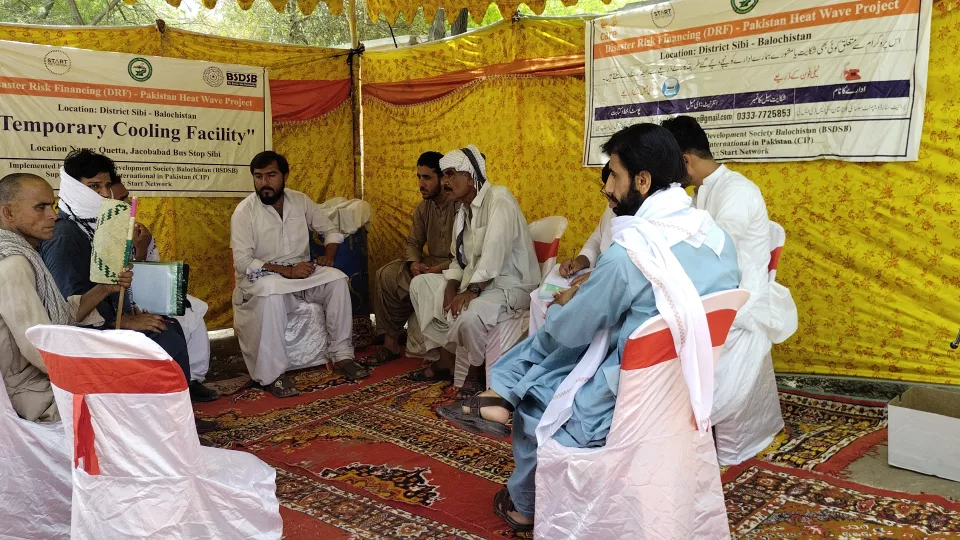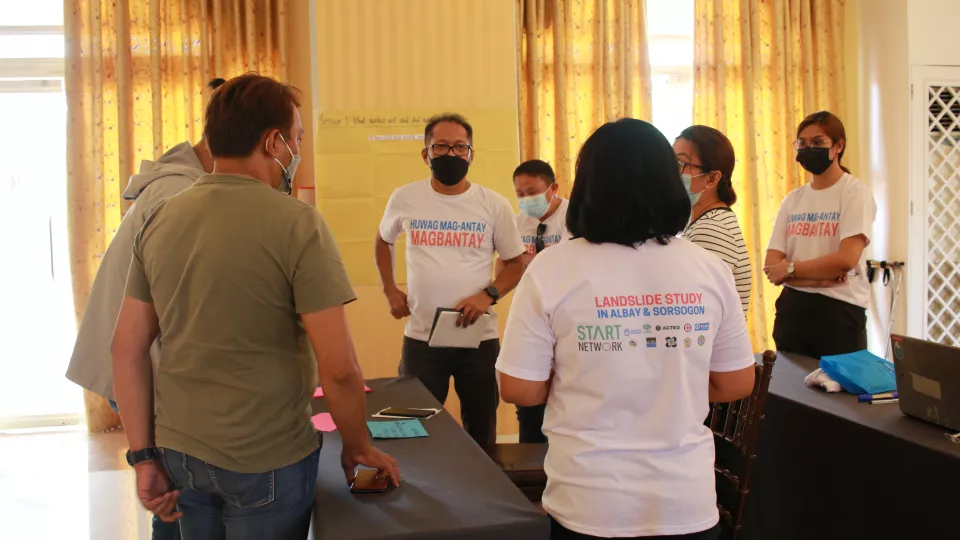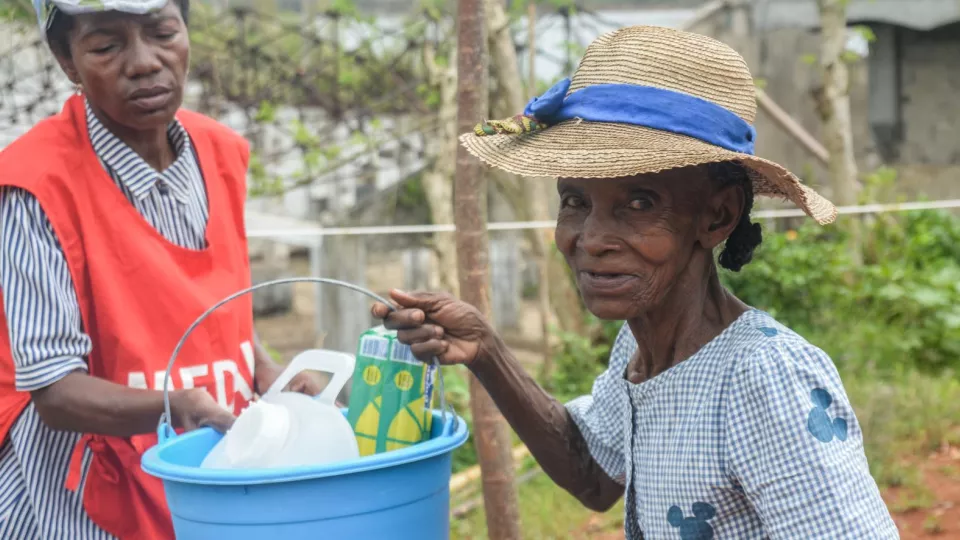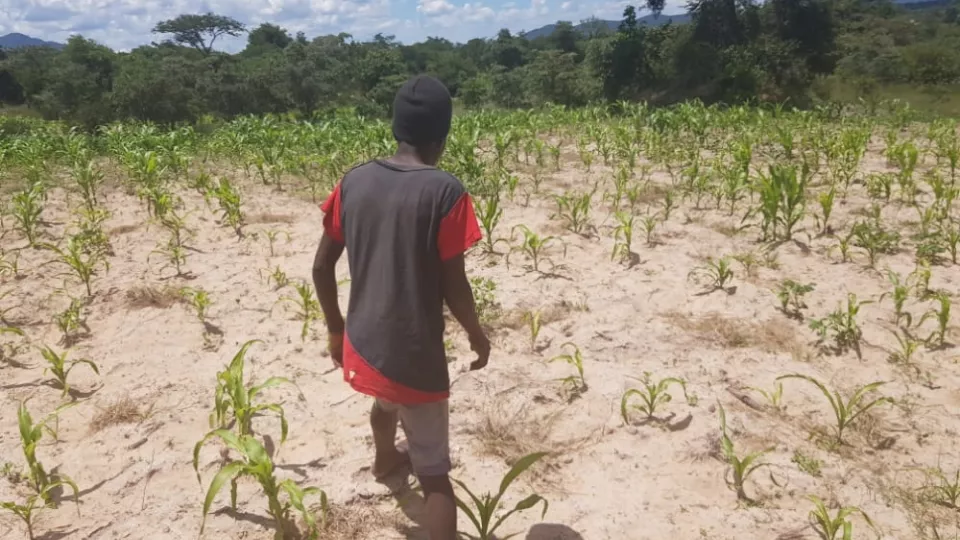Comment les organisations locales et nationales résistent au symbolisme du système humanitaire
Au cours de la derniére décennie, le système humanitaire mondial a fait l'objet de critiques systématiques de la part des pays du Sud.
Au cours de la derniére décennie, le système humanitaire mondial a fait l'objet de critiques systématiques de la part des pays du Sud.
Over the last decade, the global humanitarian system has faced systemic criticism by those in the Global South.

The exact rate of ICR received by implementing organisations varies and is often a process of negotiation. However, as a ballpark figure, it is usually between 7-10%.

Communities benefit through improved access to information, financial assistance, and disaster response capacity-strengthening tools when local governments employ an inclusive anticipation approach in managing volcanic risks.

In June 2021, Bright Star Development Society Balochistan (BSDSB), were funded to assist in mitigating an anticipated heatwave in Sibi (Pakistan). Bright Star provided behavioural messaging in addition to ‘cooling facilities’ that provided cold water and a place to rest.

The humanitarian sector aims to be locally led and therefore, it is important that the humanitarian sector listens to organisations acting at the local scale, so we can learn from their experiences and adapt to meet their needs. Over recent years, Start Network has engaged local and national non-governmental organisations through interviews and surveys to determine ways in which humanitarian structures can do better to support them. Gathering perceptions from non-governmental organisations has led to some pertinent findings related to exclusionary practices that some organisations acting at the local scale experience and led to some key recommendations that humanitarian actors can begin to implement in order to build equitable partnerships. While more in-depth research on these systemic issues continues to be conducted by Start Network and other organisations, we hope that this overview can assist international actors to begin positively disrupting the traditional systems that create barriers to equity within crisis response.

The geopolitical scope of the Ukraine crisis means it will most likely have far-reaching consequences beyond the country’s borders. Start Network's approach to the Ukraine crisis is based on learning from other larger-scale crises that the Start Fund has responded to in the past.

"Early intervention through insurance drastically increases the number of people who can be helped" - Nelly Maonde, Start Network Country Disaster Risk Finance Coordinator - Zimbabwe
Warmest wishes from all of us at Start Network, Christina Bennett, CEO and Suzanne Lyne, CFOO.